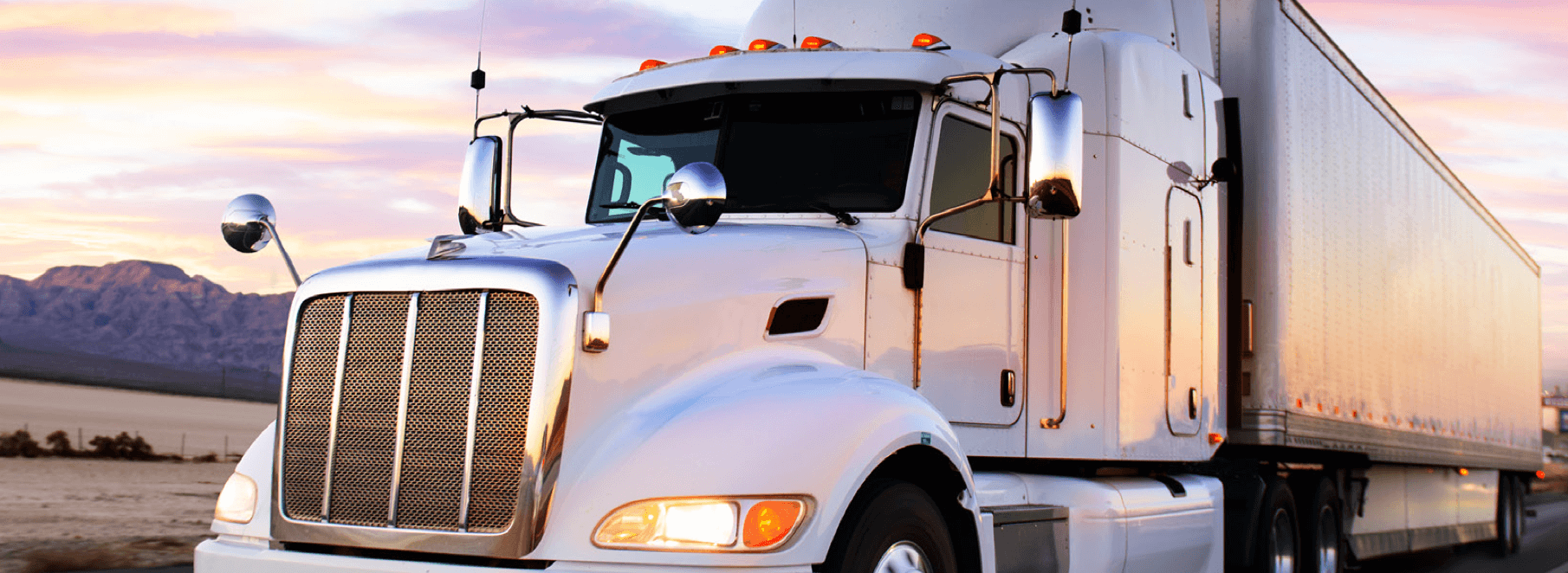Find the best legal structure for your trucking company
Starting a trucking business requires careful consideration and planning, particularly when it comes to choosing the best legal structure to suit your business needs. Choosing the best legal structure can significantly impact your taxes, personal liability, operational flexibility and long-term business planning, so the time and resources you invest into making the right decision can benefit your trucking business for years to come. Here's a guide to help you begin navigating this business-critical decision.
IMPORTANT LEGAL DISCLAIMER- this article is not legal advice: The materials on this website do not constitute legal advice, do not necessarily reflect the opinions of Cashway Funding or any of its OWNERS, employees AND/OR AFFILIATES, and are not in any way warranted or guaranteed to be LEGALLY ACCURATE, complete, up‐to‐date OR IN ANY WAY APPLICABLE TO A SPECIFIC BUSINESS SITUATION. Please consult with an attorney for legal advice.
Finding the best legal structure: Evaluate these 5 key questions first
The best legal structure for one business may not be the same for another business, because the needs and objectives of one business may not be the same as another business. When selecting a legal structure for your trucking business, first consider your answers to the following:
Answer these key questions first:
Once you have developed clear positions with respect to your desired levels of liability exposure, tax protection, operational needs, expenses and long-term planning, the next step is to evaluate some of the more popular legal structures for trucking businesses. This will make it easier to choose the legal structure that best matches your objectives, and positions your trucking business for long-term success and worry-free compliance with IRS and state regulations.
Popular legal structures for trucking businesses
There are innumerable ways to customize the legal structure your business and the process can become extremely complex for some companies, especially larger ones. Fortunately, most startup trucking companies are able to function and perform effectively using one of the following 5 structures (Sole Proprietorship, Partnership, Limited Liability Company (LLC), S-Corporation (S-Corp), C-Corporation (C-Corp)):
Sole Proprietorship
A sole proprietorship is the simplest business structure, ideal for smaller-scale and/or part-time owner-operators who have minimal concerns about legal liability or minimizing tax exposure.
Partnership
Partnerships can be suitable for trucking businesses with multiple owners who want a flexible structure.
Limited Liability Company (LLC)
LLCs offer an excellent balance of liability protection and operational flexibility, making them a very popular and common choice for trucking businesses of all sizes.
S-Corporation (S-Corp)
S-Corporations can be advantageous for trucking businesses looking to minimize self-employment taxes.
C-Corporation (C-Corp)
C-Corporations offer the strongest liability protection and are suitable for larger trucking operations or those planning significant growth.
Legal and tax implications for your business can vary by State
The legal and tax implications of business structures can vary by state. Here are some key differences and considerations to keep in mind:
Formation costs
Some states are well-known for having business-friendly laws and lower formation costs, while others can be much more challenging for business owners. If you are starting a trucking business in a state that is less business-friendly, consider speaking with a business attorney about the potential benefits (and pitfalls) of registering your legal entity in a more business-friendly state.
Asset protection
States like Nevada and Wyoming have historically offered stronger asset protection laws for LLCs.
Ongoing fees
Some states have higher annual fees for maintaining certain business structures.
Tax rates
State corporate tax rates vary significantly. For example, while several states have no corporate income tax, others have historically imposed business tax rates approaching 10%.
Reporting requirements
Some states have more stringent reporting and compliance requirements for certain business structures.
Consult with a business attorney before making your decision
The best legal structure for any business will always depend on your individual needs and circumstances. Factors like size, liability concerns, tax implications, and growth plans all play a role in determining the optimal legal structure for a trucking business. Consult with a legal professional to determine the best legal structure for your circumstances.
Before speaking with a lawyer, take some time and prepare a few notes you can share during your consultation. While it is true that you can always change your business structure as your trucking company grows and evolves, investing the time and effort to choose the right structure from the start can save you time, money, and potential legal and taxation headaches down the road.
By carefully considering these factors and consulting with professionals, you can select the legal structure that best positions your trucking business for long-term success and worry-free compliance with IRS and state regulations.
Factoring invoices with Cashway Funding can help
Trucking business owners love factoring invoices with Cashway Funding. If you are looking for a factoring company that understands the importance of legal compliance, asset protection and sound corporate governance, Cashway is for you!

